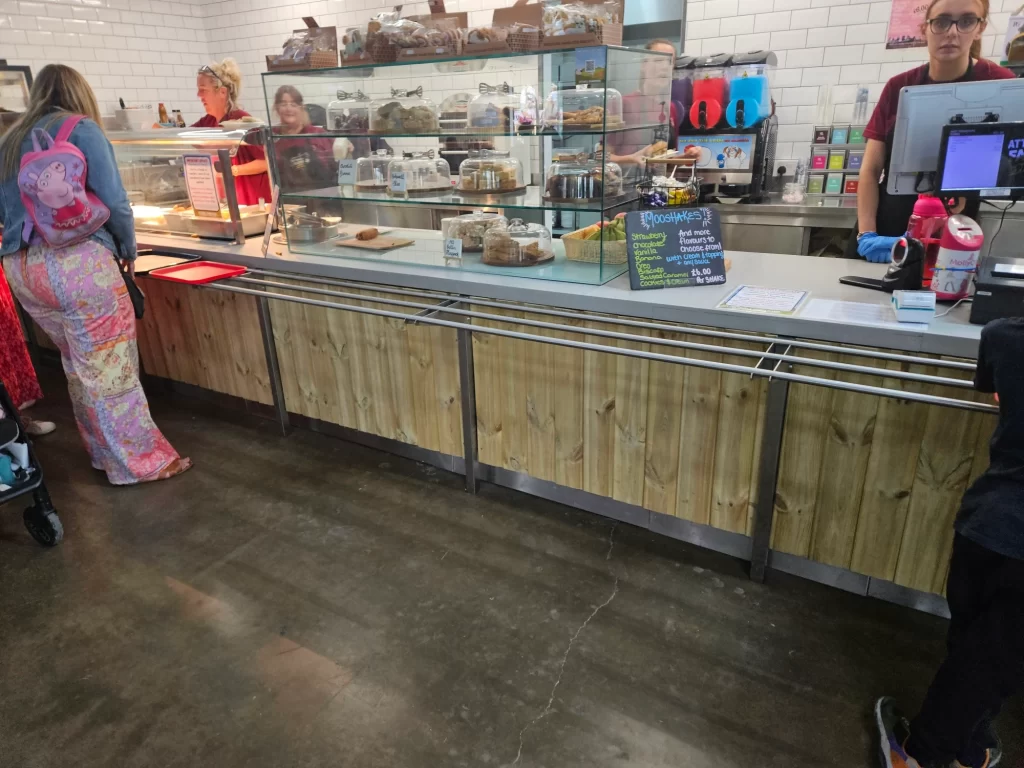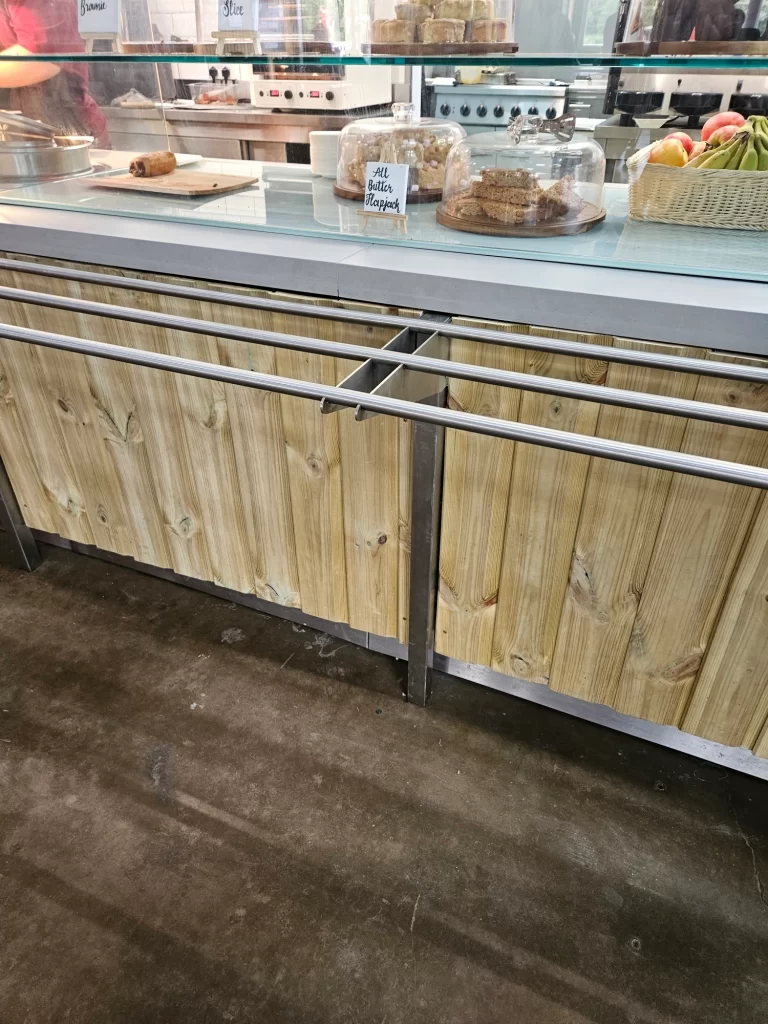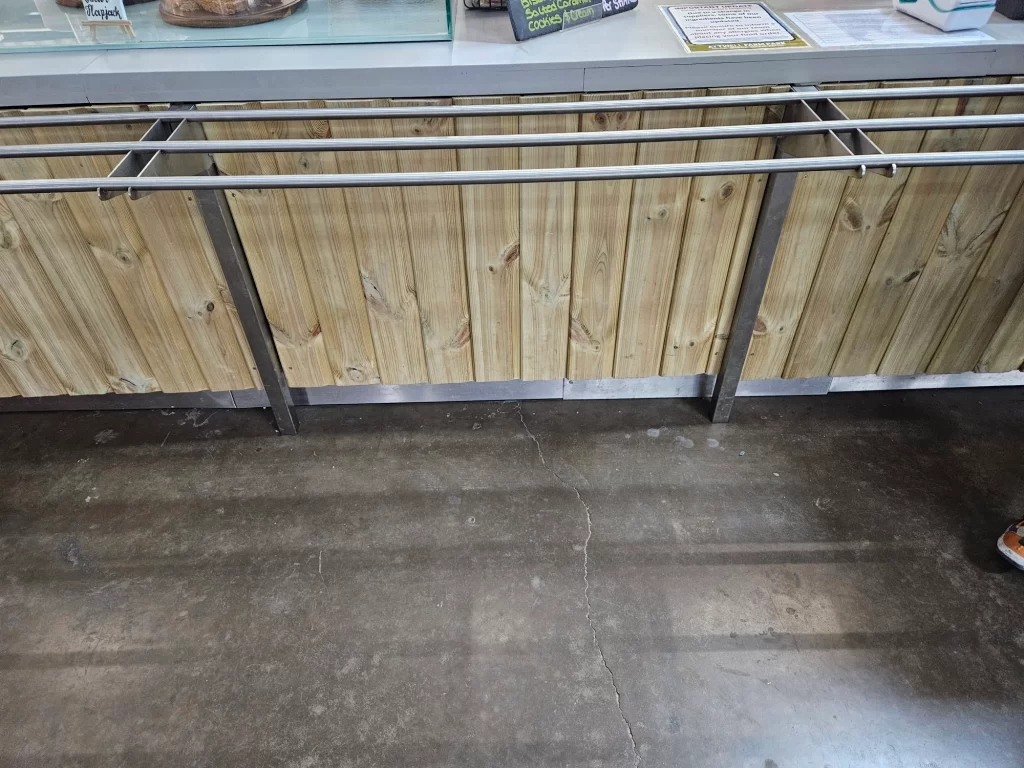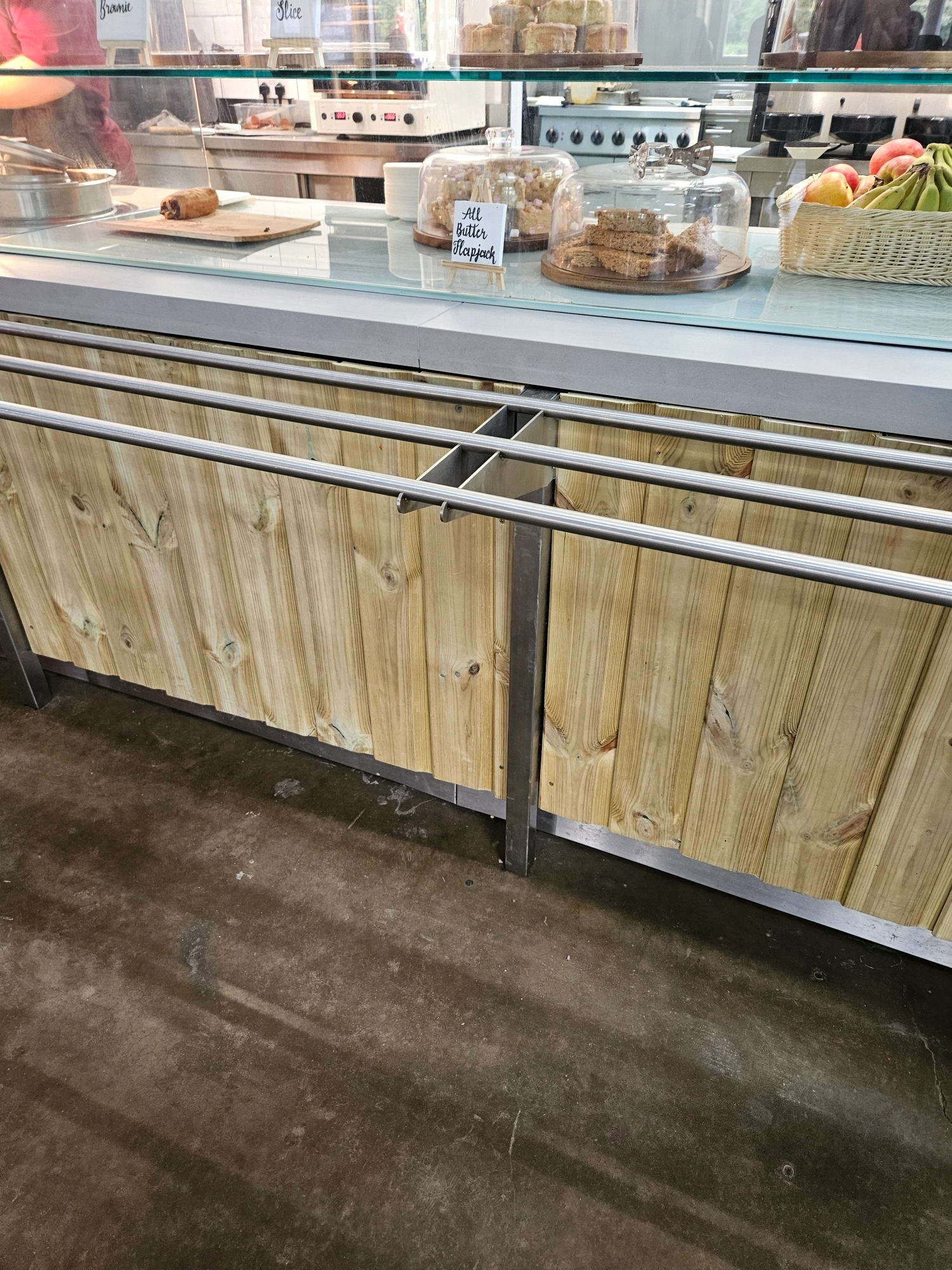Essential Tools for a Successful Restaurant
The Importance of Commercial Kitchen Equipment
Why Quality Commercial Kitchen Equipment Matters
When outfitting a commercial kitchen, investing in high-quality equipment is non-negotiable. Quality equipment ensures that your kitchen runs smoothly, food is prepared safely, and your staff can work efficiently. Moreover, durable equipment reduces long-term costs by minimizing the need for frequent replacements or repairs.
The Role of Stainless Steel in Commercial Kitchens
Stainless steel is the material of choice for most commercial Stainless Steel Kitchen Equipment. Its durability, resistance to corrosion, and ease of cleaning make it ideal for the demanding environment of a busy restaurant. Stainless steel equipment not only withstands the rigors of daily use but also meets the stringent hygiene standards required in food preparation areas.
Stainless Steel Tray Slides: Durability Meets Convenience
What are Stainless Steel Tray Slides?
Stainless steel tray slides are essential components in commercial kitchens, particularly in serving areas or assembly lines. These slides are designed to hold trays securely in place while allowing for easy sliding in and out. They are commonly used in buffet lines, serving stations, and even in storage areas.
Benefits of Stainless Steel Tray Slides
Durability: Stainless steel is resistant to rust and corrosion, making it ideal for environments where spills and moisture are common.
Ease of Cleaning: The smooth surface of stainless steel allows for quick and easy cleaning, essential for maintaining hygiene standards.
Convenience: Tray slides streamline the process of serving and clearing, improving efficiency in busy kitchens.
Where to Use Stainless Steel Tray Slides
Stainless steel tray slides are versatile and can be used in various areas of a restaurant, including:
Buffet Stations: For easy access to trays by customers.
Assembly Lines: In fast-food restaurants or cafeterias, where quick service is essential.
Dishwashing Areas: To hold trays before or after washing.
Tubular Shelves: The Backbone of Kitchen Organization
What are Tubular Shelves?
Tubular shelves are open shelving units typically made from stainless steel. They are designed to maximize storage space while ensuring easy access to kitchen essentials. The tubular design allows for air circulation, which is crucial for storing certain perishable items.
Advantages of Tubular Shelves
Space Efficiency: Tubular shelves offer vertical storage, making the most of available space in compact kitchens.
Durability: Made from stainless steel, these shelves are strong enough to hold heavy Stainless Steel Kitchen Equipment and supplies.
Hygienic: The open design and stainless steel material make tubular shelves easy to clean and maintain.



Ideal Applications for Tubular Shelves
Tubular shelves are ideal for various applications within a commercial kitchen:
Dry Storage Areas: For storing bulk ingredients, canned goods, and other dry supplies.
Prep Areas: To keep essential tools and ingredients within reach during food preparation.
Refrigerated Storage: The open design is perfect for walk-in refrigerators, allowing cold air to circulate around stored items.
Stainless Steel Rack Trolleys: Mobility and Versatility in One
Understanding Stainless Steel Rack Trolleys
Stainless steel rack trolleys are mobile shelving units equipped with wheels, allowing for easy transportation of items within a kitchen. They are commonly used for moving large quantities of food, equipment, or dishes between different areas of the restaurant.
Key Benefits of Stainless Steel Rack Trolleys
Versatility: These trolleys can be used for a variety of tasks, from transporting dishes to holding baking trays.
Durability: Like other stainless steel equipment, rack trolleys are built to last, even under heavy use.
Mobility: The wheels on rack trolleys allow for the easy movement of heavy loads, reducing the risk of injury and improving efficiency.
Common Uses of Stainless Steel Rack Trolleys
Rack trolleys are indispensable in several areas of a commercial kitchen:
Dishwashing Areas: For transporting clean or dirty dishes between the dining area and dishwashing station.
Baking Stations: To hold and transport trays of baked goods.
Storage Areas: For moving bulk items or heavy supplies.
Bakery Trolleys: A Must-Have for Efficient Baking
What are Bakery Trolleys?
Bakery trolleys are specialized types of rack trolleys designed specifically for the baking industry. They feature multiple shelves for holding baking trays, allowing for the easy movement of baked goods in and out of ovens or around the kitchen.
Advantages of Using Bakery Trolleys
Increased Efficiency: Bakery trolleys streamline the baking process by allowing bakers to transport multiple trays at once.
Heat Resistance: These trolleys are designed to withstand high temperatures, making them suitable for use in and around ovens.
Hygienic Design: Stainless steel construction ensures that bakery trolleys are easy to clean and maintain, essential for food safety.
Essential Features of a Good Bakery Trolley
Shelving Capacity: Ensure the trolley has enough shelves to meet your bakery’s production needs.
Wheel Quality: Look for trolleys with sturdy, smooth-rolling wheels that can handle the weight of loaded trays.
Ease of Cleaning: The trolley should be easy to clean, with smooth surfaces and minimal crevices where food particles can get trapped.
Commercial Sinks: Hygiene and Functionality Combined
The Role of Commercial Sinks in a Restaurant
Commercial sinks are a critical component of any restaurant kitchen. They are used for washing dishes, cleaning food, and maintaining overall hygiene in the kitchen. A well-designed sink area can improve efficiency and help ensure compliance with health regulations.
Types of Commercial Sinks
Prep Sinks: Smaller sinks dedicated to food preparation tasks, such as washing vegetables.
Three-Compartment Sinks: These are standard in most commercial kitchens and are used for washing, rinsing, and sanitizing dishes.
Handwashing Sinks: These are essential for maintaining hygiene and are usually required by health codes to be present in certain areas of the kitchen.
Choosing the Right Commercial Sink
When selecting a commercial sink, consider the following factors:
Size and Configuration: The sink should be appropriately sized for your kitchen’s needs, with enough compartments to handle the volume of washing required.
Material: Stainless steel is the best choice for commercial sinks due to its durability and ease of cleaning.
Compliance: Ensure the sink meets local health and safety regulations, including the provision of adequate handwashing stations.
Choosing the Right Equipment for Your Restaurant
Assessing Your Kitchen’s Needs
Before purchasing commercial kitchen equipment, it’s important to assess your kitchen’s specific needs. Consider factors such as the type of cuisine you offer, the volume of food you prepare, and the available space in your kitchen.
Budget Considerations
While it’s tempting to cut costs, investing in high-quality equipment can save you money in the long run. Consider the total cost of ownership, including maintenance and potential replacement costs, when setting your budget.
Space Planning
Efficient use of space is crucial in a commercial kitchen. Make sure the equipment you choose fits well within your kitchen layout, allowing for smooth workflow and easy access to all necessary tools.
Maintenance Tips for Longevity
Regular Cleaning and Sanitizing
Proper cleaning and sanitizing are essential for maintaining your equipment’s longevity and ensuring food safety. Regularly clean all surfaces, paying special attention to crevices and joints where food particles can accumulate.
Scheduled Inspections and Repairs
Routine inspections can help identify potential issues before they become major problems. Schedule regular checks of all equipment, and promptly address any signs of wear or damage.
Staff Training
Ensure your staff is properly trained in the use and maintenance of all Stainless Steel Kitchen Equipment. Proper usage can prevent damage and extend the life of your equipment.
Conclusion
Investing in the right commercial kitchen equipment is essential for the success of any restaurant. From stainless steel tray slides to commercial sinks, each piece plays a critical role in ensuring your kitchen operates efficiently and safely. By choosing durable, high-quality equipment and maintaining it properly, you can create a kitchen environment that supports your culinary goals and keeps your business running smoothly for years to come.

